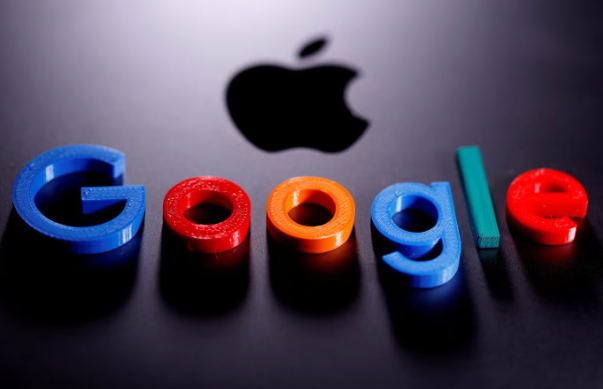
In recent years, the UK antitrust regulator Competition and Markets Authority (CMA) has launched a series of strong interventions in the mobile ecosystems of Apple and Google, aiming to break the monopoly barriers of technology giants and reshape the fair competition environment in the digital market. This regulatory storm is not only about the rights and technological innovation of local consumers in the UK, but also reflects the global reflection on the abuse of market dominance by technology giants.
Since 2022, CMA has clearly pointed out through multiple rounds of market research and industry consultation that Apple and Google have formed a "duopoly" in the mobile ecosystem. Data shows that 97% of mobile web browsing in the UK relies on Apple Safari and Google Chrome engines, and the cloud gaming market is also hindered by Apple's strict restrictions on the app store. Developers and small and medium-sized enterprises complained: Apple's App Store's high commission terms and Google's implicit control over the Android ecosystem constitute a monopolistic formulation of the "rules of the game". This closed ecosystem not only raises the industry entry threshold, but also stifles innovation space-small and medium-sized enterprises find it difficult to break through the technical and commercial barriers built by giants, and consumers also face a lack of choice and rising costs.
In order to break the monopoly dilemma, the UK officially implemented the Digital Markets, Competition and Consumers Act (DMCC) in 2024, giving CMA unprecedented intervention power. The Act puts Apple, Google and other "strategic market position" (SMS) companies under strict supervision, authorizing CMA to force them to open platform interfaces, share data, prohibit self-preference behavior, and impose huge fines of up to 10% of global turnover or 5% of daily turnover on violators. This legislation marks that the UK has entered the global forefront in the field of digital market regulation, forming a transnational regulatory force with the EU Digital Markets Act.
The current CMA investigation is deepening into two core areas: First, the app store model. Apple's App Store's "exclusive distribution rights" and Google Play Store's Android ecosystem control are accused of constituting exploitative monopolies. Regulators require Apple to open third-party app stores, reduce developer commissions, and break the "walled garden" effect; second, operating system and browser hegemony. The market dominance of Google Chrome and Apple Safari is accused of restricting user choice and technological innovation, and regulating or promoting the interoperability standards of browser engines. In addition, access restrictions to the cloud gaming market have also become a focus of review, aiming to break Apple's containment of emerging services.
Regulatory pressure is forcing Apple and Google to adjust their strategies. The EU DMA has forced Apple to allow third-party stores, and the UK may copy this model to force the iOS ecosystem to open up. Although Google emphasizes the openness of Android, it still needs to be reviewed on data sharing and algorithm transparency. The deep goal of regulation is to reconstruct the balance of power in the digital ecosystem: small and medium-sized enterprises and developers will have a fairer competitive field, and consumers can expect more diverse service options and price discounts. However, technology giants are also seeking a balance between compliance and commercial interests in the game. Apple emphasizes the position of "privacy and security first" and tries to draw a boundary between openness and compliance.
The CMA's investigation is expected to announce its results in October 2025, and its ruling will directly affect the evolution of rules in the UK and even the global digital market. With the implementation of DMCC, the UK is building a parallel mechanism of "regulatory guardrails" and "innovation incentives" - both curbing monopolistic behavior and ensuring the free space required for technological innovation through legislation. This model may provide a model for other countries, pushing technology regulation from "ex post punishment" to a preventive framework of "ex ante regulation".
In the era of digital power reconstruction, the UK's regulatory actions against Apple and Google are not only a typical case of antitrust enforcement, but also an in-depth exploration of the relationship between "technology and democracy". When the regulatory guardrails are strengthened, the future of the mobile ecosystem may usher in a more open, diverse and fair dawn.

Junior doctors in the UK officially launched a five-day strike on Wednesday (December 17th).
Junior doctors in the UK officially launched a five-day str…
The Thai Pride Party is considering nomasting three candida…
With the continuous intensification of international sancti…
With $15.82 billion in sales and a 108% year-over-year incr…
According to the South Korean media Dealsite, the recent te…
The current geopolitical conflicts around the world are oft…